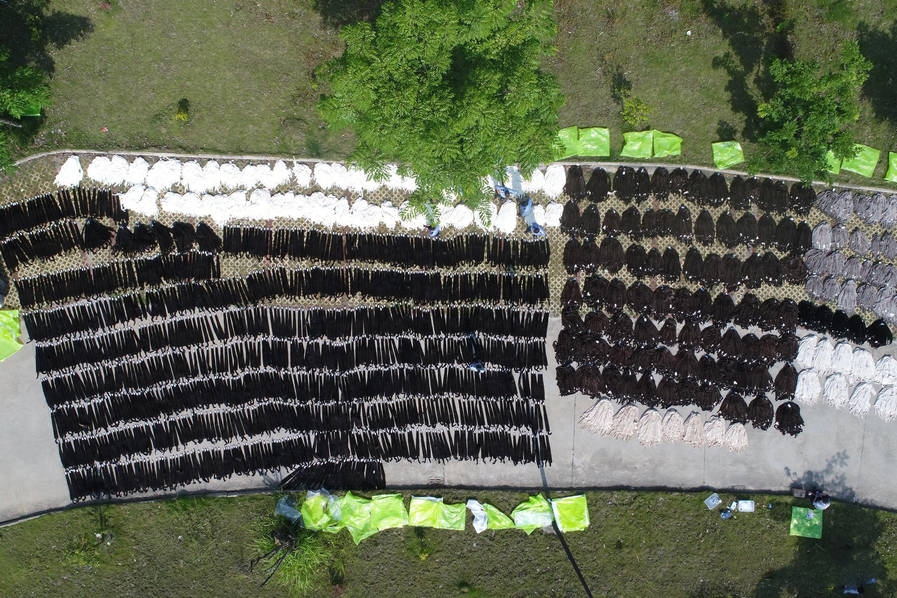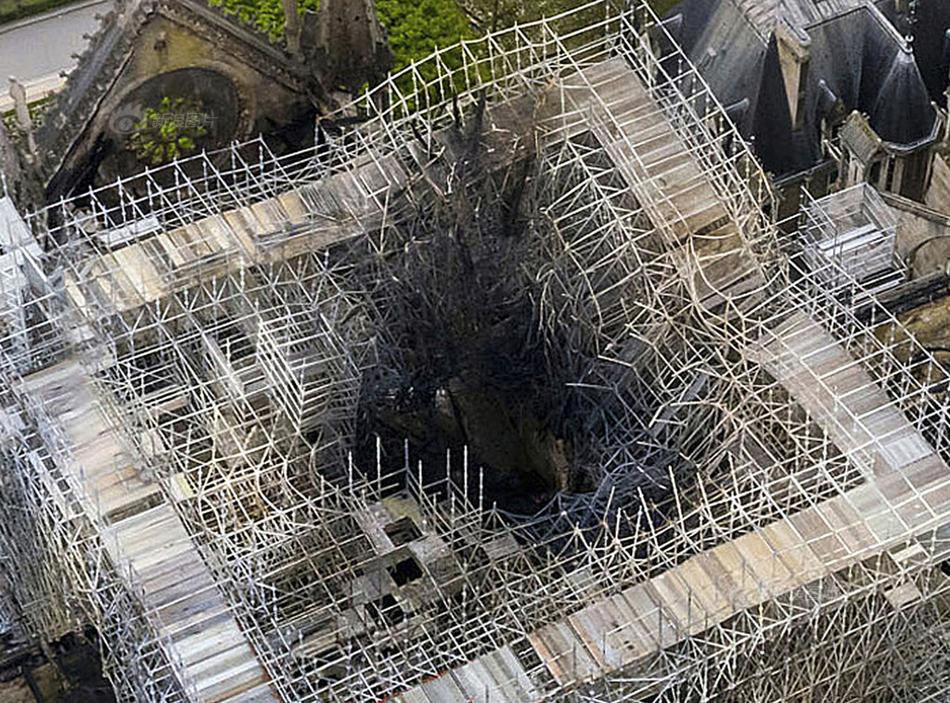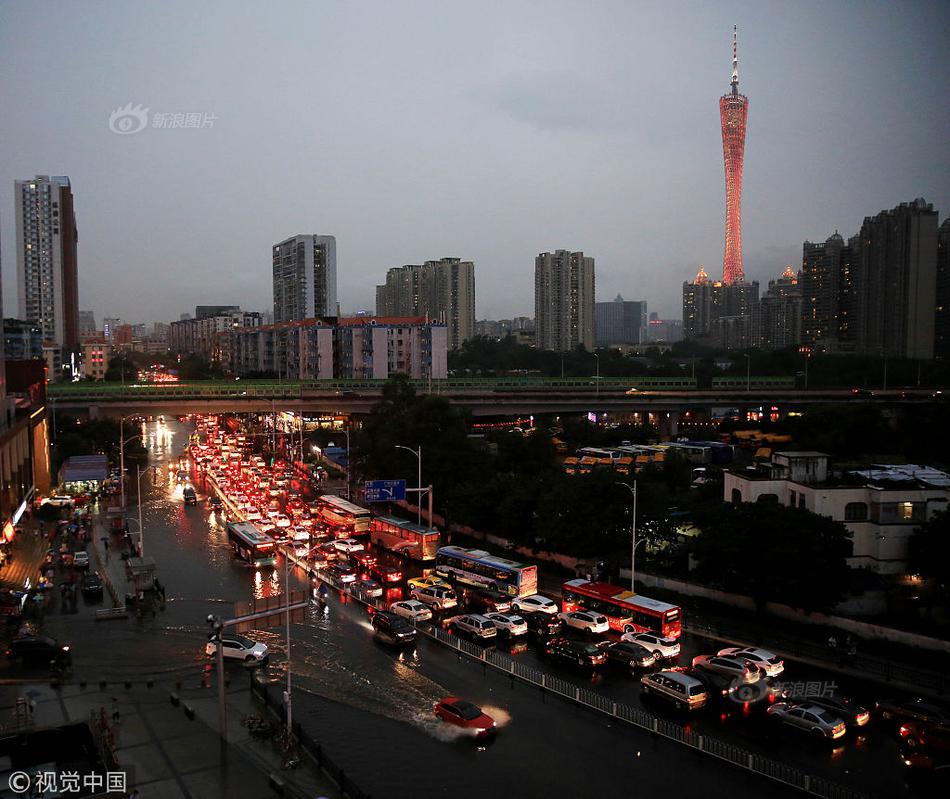The kate upton sex videoArctic, beset by unusually warm temperatures this summer, is ripe for flames.
Parched forests and dense vegetation across the expansive region have been ignited relatively easily by lightning strikes. Hundreds of wildfires are now burning in Siberia, wafting dense smoke over the high northern region.
"The unusual thing about this year has been the number and distribution of fires north of the Arctic Circle in Siberia, Alaska, and more recently in Canada," said Mark Parrington, a senior scientist at the European Union's Copernicus Atmosphere Monitoring Service. "Conditions were certainly warmer and drier in June and that may also be the case for July when the data are available."
The World Meteorological Organization recently called the Arctic wildfires "unprecedented." In June alone, the wildfires released more carbon into the atmosphere than Sweden does in an entire year.
And the fires have persisted.
 Original image has been replaced. Credit: Mashable
Original image has been replaced. Credit: Mashable For nearly 50 straight days, wildfire activity in the Arctic Circle was well above average. As a result, carbon emissions from the region this July were dramatically higher than usual.
Atmospheric scientists, like Parrington, use satellite observations from NASA satellites to measure how much radiation the fires are releasing. Then, accounting for the type of vegetation burning (like carbon-rich peatlands), they can estimate the heat-trapping carbon emissions.
Forests are often considered a place where carbon is sucked out of the air and sequestered in the soil and vegetation (known as "carbon sinks"). But the Arctic is proving to be an unusually potent source of carbon this summer, adding to the planet's already skyrocketing atmospheric carbon levels.
This Tweet is currently unavailable. It might be loading or has been removed.
This Tweet is currently unavailable. It might be loading or has been removed.
Alaska, too, has experienced above normal burning this summer, which has swamped large swathes of the state in smoke. This is little surprise: July 2019 will almost certainly go down as the warmest month ever recorded in Alaska, noted climate scientist Brian Brettschneider.
Meanwhile, sea ice in the whole of the Arctic remains dismal this summer. The ice -- melted by both a warmer atmosphere and ocean -- is presently at record lows for this time of year.
SEE ALSO: June was the warmest June ever recorded, but there's a bigger problemThe rapidly warming Arctic may very well be free of summer sea ice later on this century. A smokier, increasingly fire-prone Arctic is a likely future, too.
"It is difficult to say with certainty but with warmer and drier environmental conditions the likelihood of fires occurring increases," noted Parrington.
(Editor: {typename type="name"/})
 Operation Rock Wallaby rains food down on wildlife hurt by bushfires
Operation Rock Wallaby rains food down on wildlife hurt by bushfires
 NASA video shows Hurricane Florence from space as it makes landfall
NASA video shows Hurricane Florence from space as it makes landfall
 Lyft coupon deal makes getting to and from Emmys parties cheaper
Lyft coupon deal makes getting to and from Emmys parties cheaper
 We ran Melania Trump's speech through a plagiarism checker
We ran Melania Trump's speech through a plagiarism checker
 Character AI reveals AvatarFX, a new AI video generator
Character AI reveals AvatarFX, a new AI video generator
Your 'wrong person' texts may be linked to Myanmar warlord
 Over the weekend, we covered the rise of "wrong person" scam texts — seemingly innocent messag
...[Details]
Over the weekend, we covered the rise of "wrong person" scam texts — seemingly innocent messag
...[Details]
Watch a livestream of Hurricane Florence bearing down on North Carolina
 This is why you don't mess with Mother Nature. Hurricane Florence is beginning to bear down on the C
...[Details]
This is why you don't mess with Mother Nature. Hurricane Florence is beginning to bear down on the C
...[Details]
Someone built a tiny wall around Donald Trump's Hollywood star
 Trump's plan for a wall across the U.S. / Mexico border might be a controversial idea, but it's prov
...[Details]
Trump's plan for a wall across the U.S. / Mexico border might be a controversial idea, but it's prov
...[Details]
Starbucks barista found a new way to troll annoying customers
 Simply spelling customer's names wrong was getting old for one barista.Barista and Reddit user bemyf
...[Details]
Simply spelling customer's names wrong was getting old for one barista.Barista and Reddit user bemyf
...[Details]
Best Sonos deal: Save $50 on Sonos Era 100
 SAVE $50:As of March 14, the Sonos Era 100 smart speaker is on sale at Amazon for $199. That's 20% o
...[Details]
SAVE $50:As of March 14, the Sonos Era 100 smart speaker is on sale at Amazon for $199. That's 20% o
...[Details]
BMW shows off its iNext electric, autonomous concept car
 As I approached San Francisco International Airport, my expectations for BMW’s new concept car
...[Details]
As I approached San Francisco International Airport, my expectations for BMW’s new concept car
...[Details]
Nintendo Switch is getting wireless NES controllers
 Wireless NES controllers are coming to the Nintendo Switch -- a perfect pairing with the Switch's up
...[Details]
Wireless NES controllers are coming to the Nintendo Switch -- a perfect pairing with the Switch's up
...[Details]
Democratic Party responds to Paul Ryan with an intern selfie of its own
 After Speaker Paul Ryan drew criticism for a selfie with a seemingly homogenous group of Capitol Hil
...[Details]
After Speaker Paul Ryan drew criticism for a selfie with a seemingly homogenous group of Capitol Hil
...[Details]
'The Last of Us' Season 2, episode 5: The spores are here!
 Craig Mazin and Neil Druckmann's HBO adaptation of The Last of Ushas stuck pretty close to the Naugh
...[Details]
Craig Mazin and Neil Druckmann's HBO adaptation of The Last of Ushas stuck pretty close to the Naugh
...[Details]
Snapchat will open 'Our Stories' content to publishers like CNN
 For all of Snapchat's current woes, one of its greatest strengths continues to be its content. Wheth
...[Details]
For all of Snapchat's current woes, one of its greatest strengths continues to be its content. Wheth
...[Details]
Today's Hurdle hints and answers for April 7, 2025

This tale of a tragic sneeze will make you throw away your eyelash curler

接受PR>=1、BR>=1,流量相当,内容相关类链接。